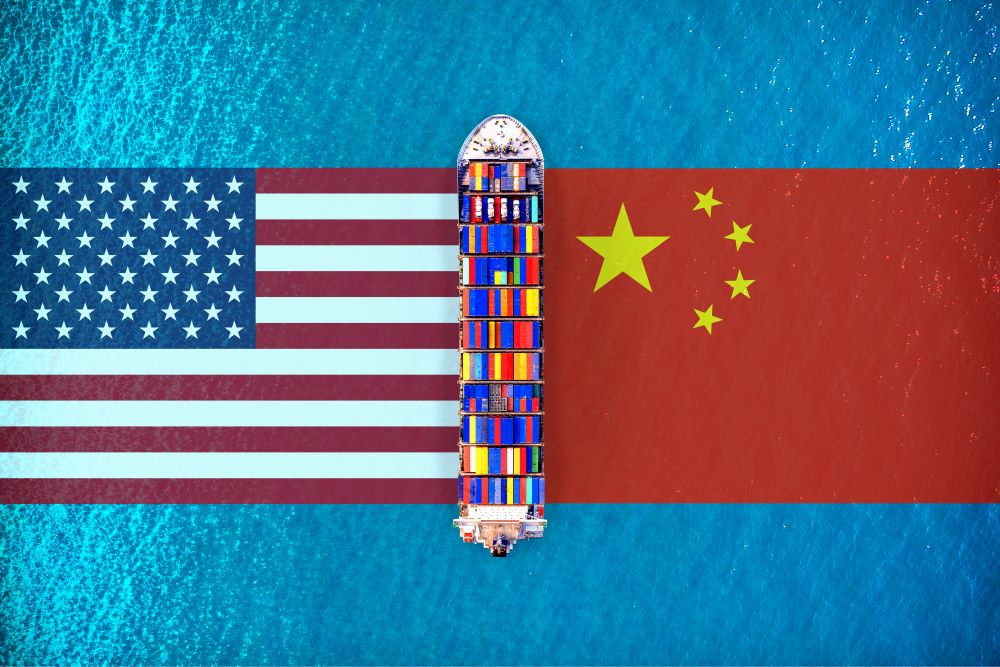
Business disruption is continuing in China as companies try to balance newly-relaxed Covid regulations with further upsurges of the disease.
China has adopted a sudden U-turn on its previous zero-Covid policy of containment earlier this month and has seen outbreaks in several big cities, including Beijing.
Staffing shortages are threatening to close down factory production and truck drivers are in short supply, bringing chaos to supply chains.
Find your own way
With no central direction on how to handle the surge, factories are adopting their own strategies with some loosening all controls, while other re-enact “closed loop” systems with staff living on-site during Covid outbreaks, reports the FT.
Experts claim factories would face worker shortages until February, as the latest Omicron outbreak has brought forward the annual movement of more than 290 million migrant workers from the coastal provinces back home ahead of the festive period.
The Register reports that China’s rapid reopening could be problematic if not accompanied by interim mitigation measures.
Hong Kong University professor of epidemiology Ben Cowling said skipping straight from containment to a “return to normal” could create chaos, and called for a “transition to living with COVID”.
Covid catch up
Feng Zijian, a former director at the Chinese Center for Disease Control and Prevention, predicted that at least 80-90% of China’s population will catch Covid, with 60% getting it during the first post-rule relaxation wave.
A study published by Nature predicted that in the six months following China ditching restrictions, there would be 112 million cases, 1.6 million deaths and demand for intensive medical care 15.6 times greater than capacity.
Supply chains will initially benefit from more liberal regime with a recovery in factories’ capacity, and exports, Gartner senior director Teh Leng Tan told The Register, but as infections spread, the situation may worsen.
Travel on hold
According to Aljazeera, the world’s travel market could be slow to rebound despite China’s population being freer of travel restrictions.
China’s population accounted for nearly one-quarter of the global spending on tourism in 2018.
Chip policy
Meanwhile, US export policies to prevent China obtaining advanced chip technology are weakening the global trading system and forcing US allies to choose sides, reports Fortune.
Alan Estevez, undersecretary at the US Commerce Department announced the rules in October to prevent “sensitive technologies with military applications” from being acquired by China.
The BBC reports that countries in Asia that produce chips, such as Taiwan, Singapore and South Korea, have raised concerns about how the trade war between the US and Chain is affecting the global supply chain.
In the past week, the Biden administration has added 36 more Chinese companies to Washington’s “entity list” for which American companies require government permission to sell certain technologies.
UK company, Arm has determined that the US and UK would not approve licences to export its latest technology to China because the performance was too high, reports the FT.
Supply chains
Roger Arthey, IOE&IT export control profession chair, commented:
“This demonstrates clearly that changing regulations can have very significant effects on international supply chains.”
“Exporting businesses, especially those handling goods or technology with overseas content, need to understand in detail both their supply chains and the regulations that apply to them.”
The US is also pressuring Japan and the Netherlands to impose similar export controls on China - limiting the ability of Japanese and Dutch companies to sell advanced products to the Chinese.
China has now filed a complaint against the US with the WTO over the export restrictions.



